Hindu Ethics
₹275.00
| AUTHOR |
|
|
|---|---|---|
| YEAR |
2005
|
|
| PAGES | 187 | |
| LANGUAGE | Sanskrit and English | |
| BINDING | Hardbound |

The ancestors of Hindus being intensely spiritual in nature fixed their attention on a life beyond death. They regarded the human soul as an eternal entity co-existing with the Supreme Being. Every human soul, they held, was required to go the round of births and rebirths and reap the fruits of its actions. The eternity and the transmigration of the human soul and the law of Karma form the cardinal doctrines of Hindu philosophy which preaches that, when a soul comes to be associated with the gross material body it is bound to perform certain deeds and in conformity with laws divine, reap the fruits’ thereof. The belief is that, if good deeds are performed, happiness results and if evil deeds are done, misery falls to the lot of the doer. The human soul never dies, it can never remain without doing ‘actions’ and can never claim exemptions from reaping the fruits of its deeds. It reaps as it sows. Ever and anon, man struggles and scrambles to attain happiness and as happiness is the fruit of Karma, he should necessarily know what is good and what is bad. Every law-giver and every thinker of ancient India felt, therefore, the supreme necessity of framing certain rules of conduct and of presenting the ultimate end to which all the life of a human being is to be directed. Sanskrit Literature, either of the Vedic or the Puranic periods, bears eloquent testimony In the history of Hindu thought it is practically impossible for anyone to trace out a period of divorce between Ethics and Religion. A calm and dispassionate study of the Hindu. Scriptures will convince anyone that ultimately religion and ethics are one. Many of the Hindu institutions have their superstructures built on the foundations of the fundamental principles of the Science of Ethics. The Panca-Maha- Yojnas- the five daily duties-s-the performance of which is obligatory on every Hindu-typify philanthropy. These five Yajnas are (1) Brahma- Yajna- Worship of God. (2) Deva-Yajna-Reverence to men of light and leading, (3) Pitri- Yajna-Propitiation of elders by ministering to their wants, (4) Bhuta-Yajna-Feeding the cattle and the birds, and (5) Alithi- Yajna-Hospitable treatment of deserving guests. The Yoga- bhyasa. the practice of which from the standpoint of a Hindu, is essential for Moksha-freedom from the necessity of going along the ever-rolling wheel of births and deaths-is based on Ahimsa-” mercy to all sentient beings.” Lord Buddha, too, glorified the same virtue and preached his religion only to re-establish the reign of righteousness. From the Vedas down to the Puranas hardly is there any Sanskrit work which does not sing the glory of Niti-the Ethical religion. Even a treatise on medicine like the Charaka-Samhita pays a tribute to this and says that physical happiness depends on the practice of morality. Sanskrit poetry, as represented in later dramatic literature, too, first preaches and then pleases. Kalidasa and Bhavabhuti appeal to their readers, more as ethicists than as mere versifiers. Valmiki, Vyasa, Canakya and Bhartrhari are undoubtedly great moralists, worthy of being admired by the students of Plato, Aristotle, Confucius and Laotse. The two Satakas of Bhartrhari can very favourably be compared with the ‘Meditations of Marcus Aurelius, ‘ The golden rule of Christian morals “ Thou shalt love thy neighbour as thyself”is already voiced forth in one of the hymns of the Yajurveda. There can, therefore, be no denying the fact that Sanskrit writers attach great significance to ethical laws or to what they call ‘Dharma’ which means “right thought, right word and right deed.” In immortal strains have the bards the saints, the prophets and the law-givers sung the glory of ‘Dharma. The devotional songs of Chaitanya, Kabira and Tukaram are echoing and re-echoing the noblest sentiments of sublimest piety. The philanthropic activities of many of the modern religious movements in India have the stamp of this Dharmic revival indelibly marked on them. That moral elevation of the masses is an indispensable necessity for all kinds of advancement is an undisputed fact. In the past, ethical elevation it was preserved the integrity of the Hindu civilization. It is owing to the moral vitality that the Hindu race, though often conquered politically, maintained its stability. The history of Hinduism, in all the stages of its struggle with the alien systems of thought, presents the curious phenomenon of its moral victory which is mainly the result of the ethical development of its followers. The power of Dharma has always been marvellous. With its rise nations have risen and with its fall they have crumbled to dust. The world is built on moral foundations alone. In the long run, truth and justice triumph and injustice and falsehood perish.
Only logged in customers who have purchased this product may leave a review.

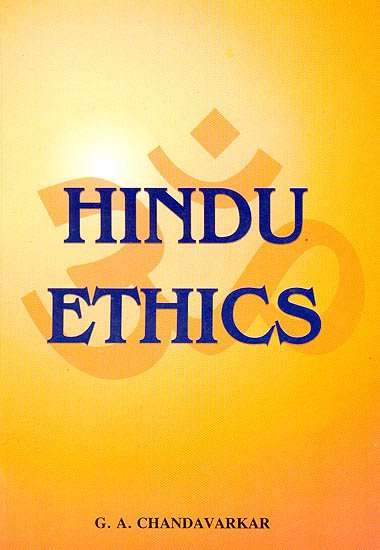

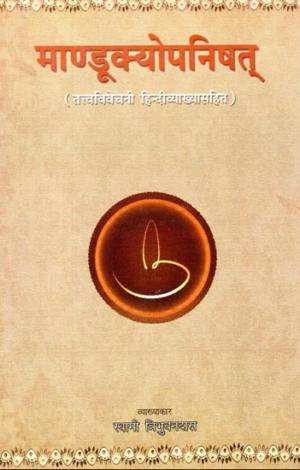


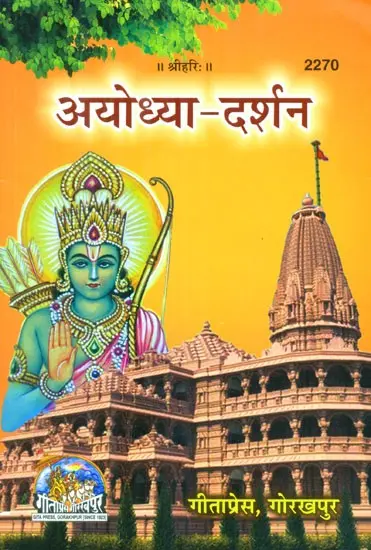
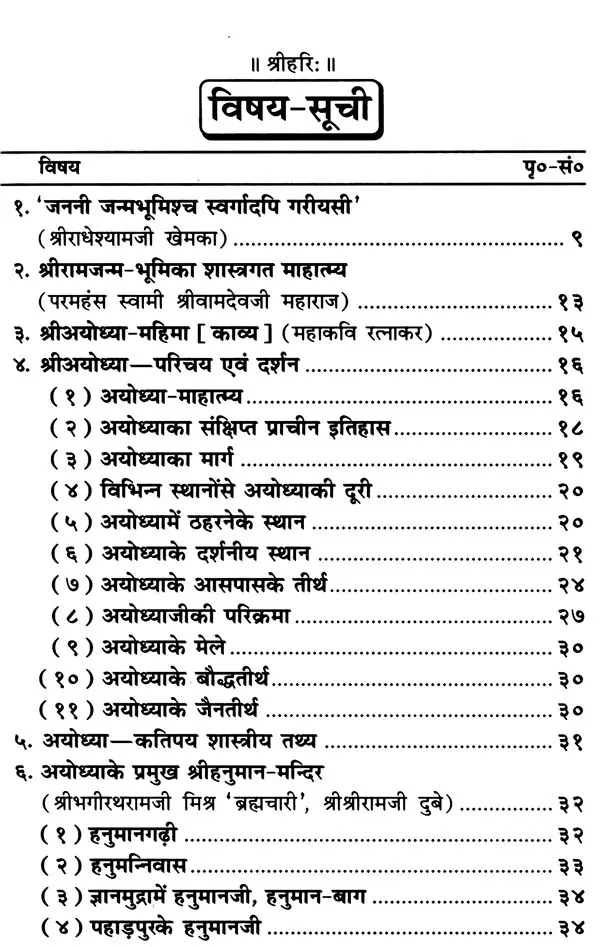
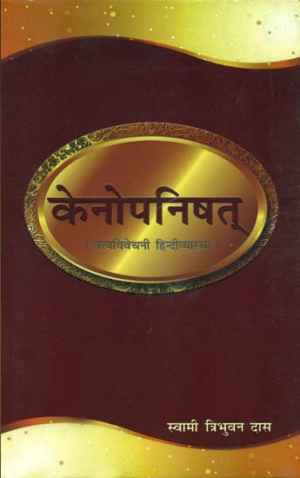
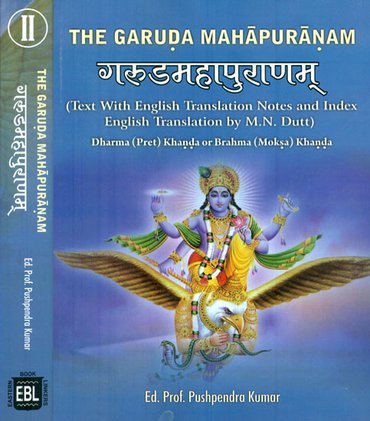


Reviews
There are no reviews yet.